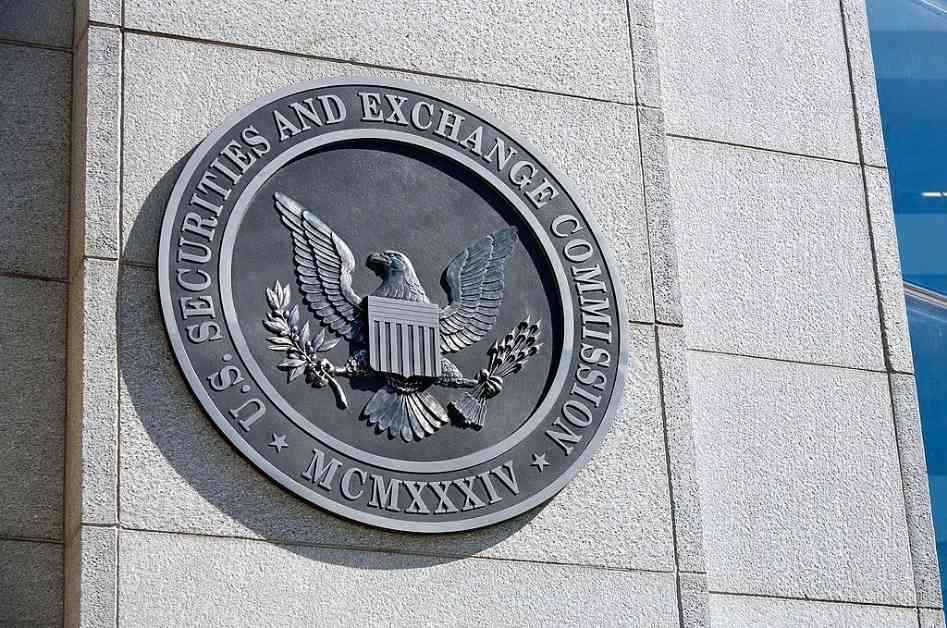On a February night in 2025, Eric Council Jr., an Alabama man, found himself at the center of a high-profile case involving a cyber breach of the U.S. Securities and Exchange Commission (SEC). The charges against Council detailed a scheme where he used a fake ID to gain unauthorized access to the SEC’s X account and falsely claimed that bitcoin exchange-traded funds (ETFs) had been approved. This false information, posted a day before the actual approval, caused a temporary surge in the price of bitcoin, affecting investors and market dynamics.
Council’s actions were part of a larger conspiracy to manipulate the financial markets and profit from the misinformation spread through the compromised SEC account. His fraudulent activities included Aggravated Identity Theft and Access Device Fraud, leading to a substantial financial gain of $50,000, which he has agreed to forfeit as part of a “Consent Order of Forfeiture” filed in D.C. federal court.
The intricate web of deception spun by Council involved the use of a fake ID to deceive a phone store employee into assisting him and his co-conspirators in gaining access to the SEC’s X account. This breach of security not only raised concerns about the vulnerability of critical financial institutions but also highlighted the potential impact of false information on the volatile cryptocurrency market.
The Impact of False Information on Financial Markets
The incident involving Council’s fraudulent activities underscored the far-reaching consequences of misinformation in the digital age. With the growing popularity of cryptocurrencies like bitcoin, the dissemination of false news can have immediate and tangible effects on market prices and investor behavior. The temporary surge in bitcoin’s price following the fake announcement of ETF approval demonstrated how easily manipulated and reactive the cryptocurrency market can be to external influences.
Experts in the field of cybersecurity and financial regulation have emphasized the need for increased vigilance and security measures to prevent similar incidents in the future. As digital assets continue to gain mainstream acceptance, the risk of cyber threats and fraudulent activities targeting financial institutions is likely to increase. By understanding the vulnerabilities in the system and implementing robust security protocols, regulators and industry stakeholders can mitigate the impact of such breaches on market stability and investor confidence.
The Road to Justice and Accountability
As Council prepares to plead guilty to the charges against him, the legal proceedings surrounding the case serve as a reminder of the importance of accountability in upholding the integrity of the financial system. Judge Amy Berman Jackson’s decision to set Council’s sentencing for May 16 reflects the gravity of the offenses committed and the need for a swift resolution to prevent further harm to investors and market participants.
Francisco Rodrigues, a seasoned reporter with a deep understanding of cryptocurrencies and personal finance, has been following the developments in the case closely. His expertise in navigating the complex world of digital assets and financial regulations provides valuable insights into the implications of Council’s actions and the broader implications for the cryptocurrency market. Rodrigues’ commitment to transparency and accuracy in reporting on such critical issues underscores the importance of informed decision-making in an increasingly interconnected and digital financial landscape.
As Council’s case unfolds in the coming months, the impact of his actions on the cryptocurrency market and investor confidence will continue to reverberate throughout the financial industry. By holding individuals accountable for fraudulent activities and strengthening regulatory oversight, stakeholders can work towards a more secure and resilient financial ecosystem that safeguards against cyber threats and market manipulation.




















